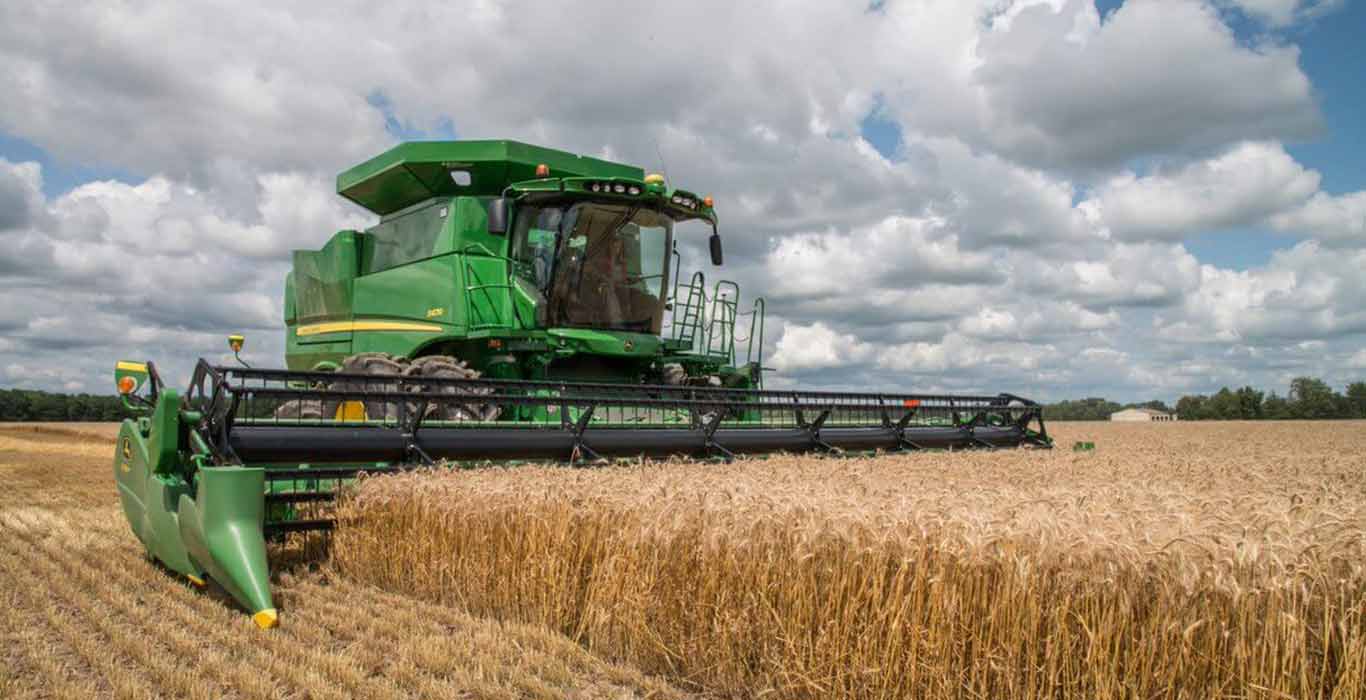Welcome To ChemAnalyst

Farmers in Poland have escalated their protests against the import of Ukrainian grain, deploying nationwide blockades that disrupt traffic and reflect their grievances over the perceived negative impact on their profits. These demonstrations have not only heightened tensions between Polish farmers and Ukrainian exporters but have also transcended the confines of the agricultural sector.
The protests in Poland are part of a larger wave of demonstrations unfolding across Europe, where farmers are vocalizing their concerns about escalating costs and asserting that unfair competition from imported goods is exacerbating their existing challenges. This widespread sentiment underscores a shared discontent among European farmers grappling with economic pressures.
The situation becomes more intricate as Ukraine contends that these disruptions impede its efforts in the face of Russia's invasion. Since the invasion commenced on February 22, 2022, Ukrainian farmers have faced obstacles in both the production and exportation of grain and oilseeds. In response to transport challenges arising from the Black Sea, attempts have been made to increase exports via rail and truck, reflecting the resourcefulness of Ukrainian farmers in navigating adversities.
In a supportive move in June 2022, the European Union (EU) waived import duties on Ukrainian grain. Until mid-September of the same year, the EU granted five countries—Bulgaria, Hungary, Poland, Romania, and Slovakia—the authority to impose bans on the domestic sale of Ukrainian wheat, maize, rapeseed, and sunflower seeds. However, these products were allowed to transit through these countries for export to other destinations.
Poland, traditionally a staunch supporter of Ukraine during the war, witnessed its newly formed pro-European government expressing sympathy for the demands of its farmers. Simultaneously, the government cautioned against actions that could undermine Ukraine's war effort. The Solidarity farmers' union spokesperson emphasized that while allowing the passage of military aid for Ukraine, they intended to implement a comprehensive blockade, encompassing all passenger traffic at the border, including trucks. The blockade extended to ports and motorways, amplifying the impact of the protests.
In response to the unrest, Ukrainian haulers initiated their own round-the-clock counter-demonstrations at three crossings, intending to persist until March 15. This countermove by Ukrainian stakeholders reflects their determination to safeguard their interests amidst the clash of priorities between Polish farmers and Ukrainian exporters. The complexity of the situation adds another layer of challenge to the already tense geopolitical landscape.
Poland's Agriculture Minister, Czeslaw Siekierski, has actively engaged in negotiations with Ukraine, expressing optimism about reaching a mutually agreeable deal that limits imports by the end of March. The outcome of these negotiations will play a pivotal role in addressing the concerns of Polish farmers and finding a delicate balance between safeguarding domestic agricultural interests and extending support to Ukraine during these challenging times. The evolving dynamics underscore the intricate interplay between economic considerations, geopolitical realities, and the resilience of agricultural communities in navigating complex global challenges.
We use cookies to deliver the best possible experience on our website. To learn more, visit our Privacy Policy. By continuing to use this site or by closing this box, you consent to our use of cookies. More info.
